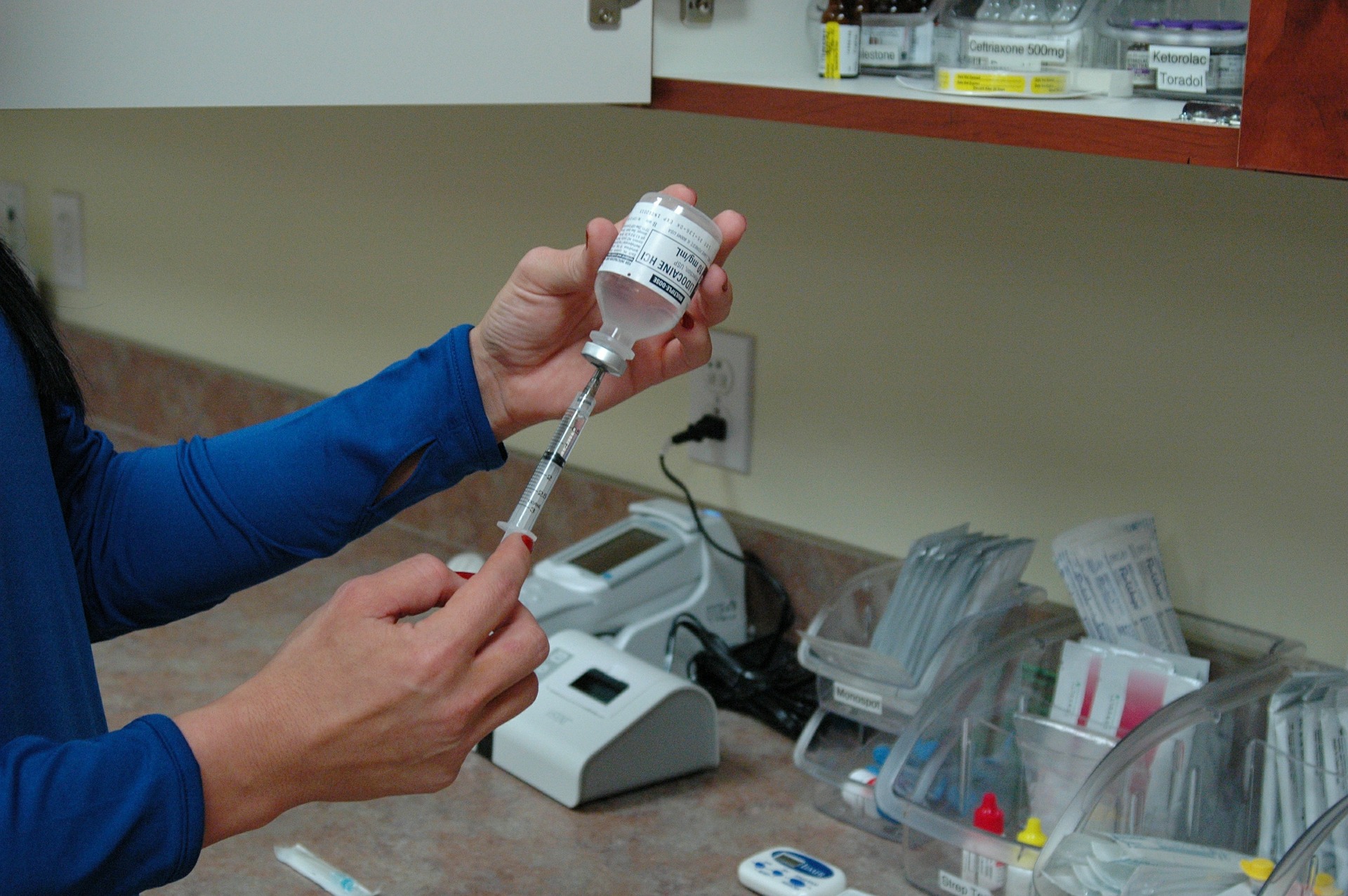Western Australians are being alerted to a spike in the number of measles cases in Perth, caused by local transmission.
WA Health Medical Coordinator Prevention and Control Program, Professor Paul Effler said the new cases appeared in unvaccinated children.
“In recent weeks, there have been three secondary cases of measles which have all stemmed from one unvaccinated student,” Professor Effler said.
“The latest case was particularly concerning, because it resulted in a child being hospitalised for three days.”
Professor Effler said while some older Western Australians may have natural immunity to measles – because they were exposed before a vaccine was available – this often came at a cost.
“Prior to the measles vaccine, many children would end up in hospital, some developed severe complications and a small number would die from the disease,” Professor Effler said.
“Thankfully, life-long measles immunity can now be achieved with vaccination, without having to endure the suffering that went with the pre-vaccine era.”
Measles is a serious and highly contagious viral illness spread by tiny droplets released when infected people cough and sneeze.
It is contagious for about four days either side of the rash developing. Children and adults who have been inadvertently exposed are at risk of developing measles if they are not immune.
A person is considered immune to measles if they have previously received two doses of a measles vaccine or were born before 1966.
Professor Effler said anyone who developed a fever with other symptoms including a cough, runny nose, sore red eyes and a rash within two to three weeks of potential exposure to someone with measles should isolate themselves from others and arrange to see their family GP.
“It is very important to call ahead and advise the medical facility of the possibility of measles so that arrangements can be made to keep other patients and staff away to prevent spreading the virus to others,” Professor Effler said.
Early symptoms of measles include a fever, cough, runny nose and sore eyes, followed by a red blotchy rash about three days later. The rash usually starts on the face and spreads to the rest of the body. Measles infections can be especially severe in infants and people with poor immune systems.
Naturally occurring measles has been eliminated from WA for about 20 years but occasional cases and small outbreaks, usually associated with tourists or WA residents who are infected overseas, still occur.
“The measles vaccination is safe and highly effective, however children who are too young to receive the vaccination can still be protected from measles if their family members are fully vaccinated and they stay away from people who are not vaccinated,” Professor Effler said.
People born during or after 1966 should make sure they have had two doses of a measles vaccine at some stage in their life, especially before travelling overseas. If a person is unsure if they have been vaccinated in the past, it does not hurt to have another dose.
Complications following measles can be serious and include ear infections and pneumonia in about 10 per cent of cases. Around 40 per cent of cases require hospitalisation and about one person in every 1,000 will develop encephalitis, an inflammation of the brain.
More information on measles can be found at: www.healthywa.wa.gov.au



































